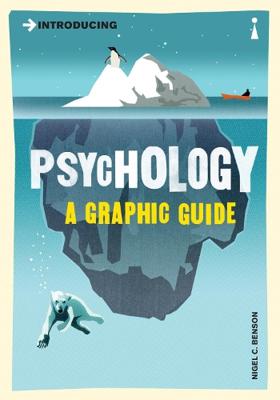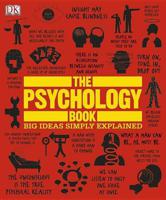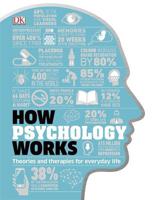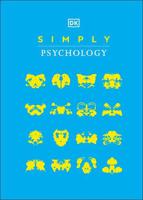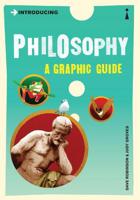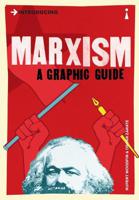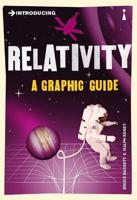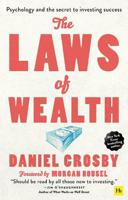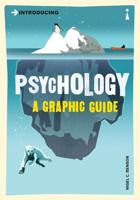
Introducing Psychology A Graphic Guide | Nigel Benson
What is psychology? When did it begin? Where did it come from? How does psychology compare with related subjects such as psychiatry and psychotherapy? To what extent is it scientific?Introducing Psychology answers all these questions and more, explaining what the subject has been in the past and what it is now. The main "schools" of thought and the sections within psychology are described, including Introspection, Biopsychology, Psychoanalysis, Behaviourism, Comparative (Animal) Psychology, Cognitive Approaches (including the Gestalt movement), Social Psychology, Developmental Psychology and Humanism. The key figures covered include: Freud, Pavlov, Skinner, Bandura, Piaget, Bowlby, Maslow and Rogers, as well as many lesser-known but important psychologists.
55.-

